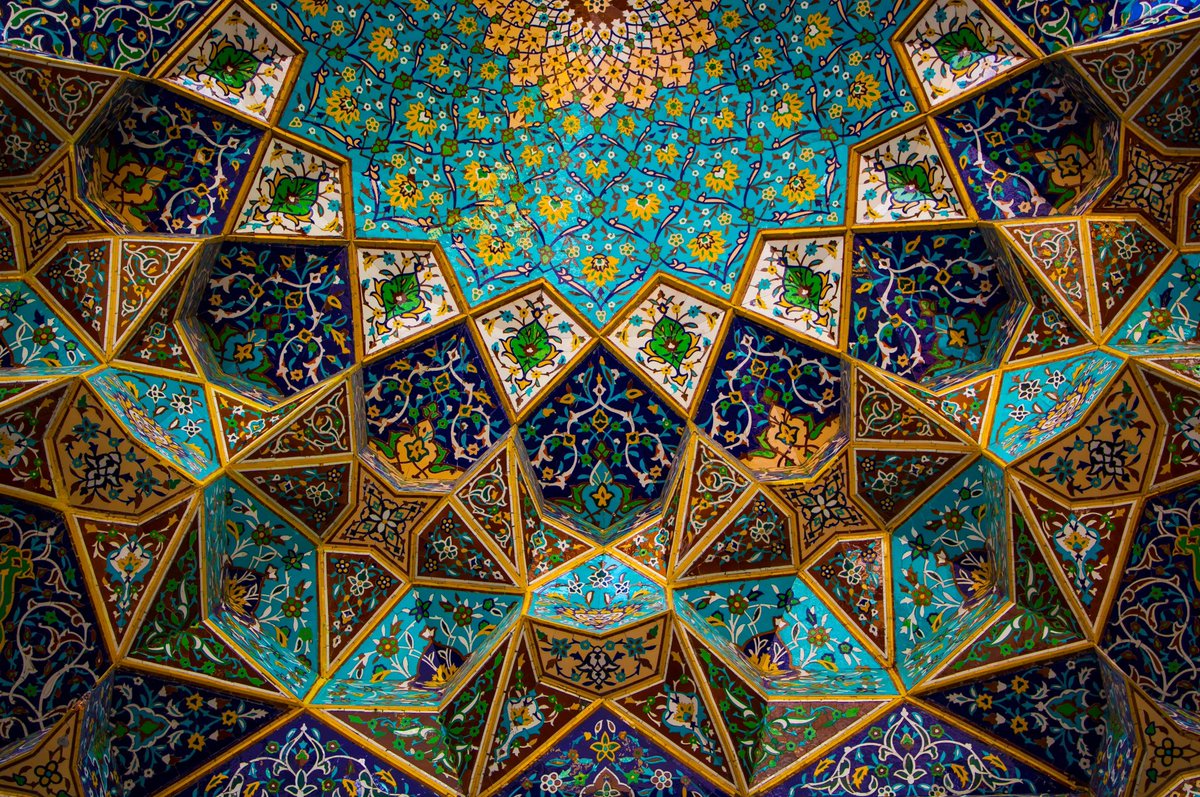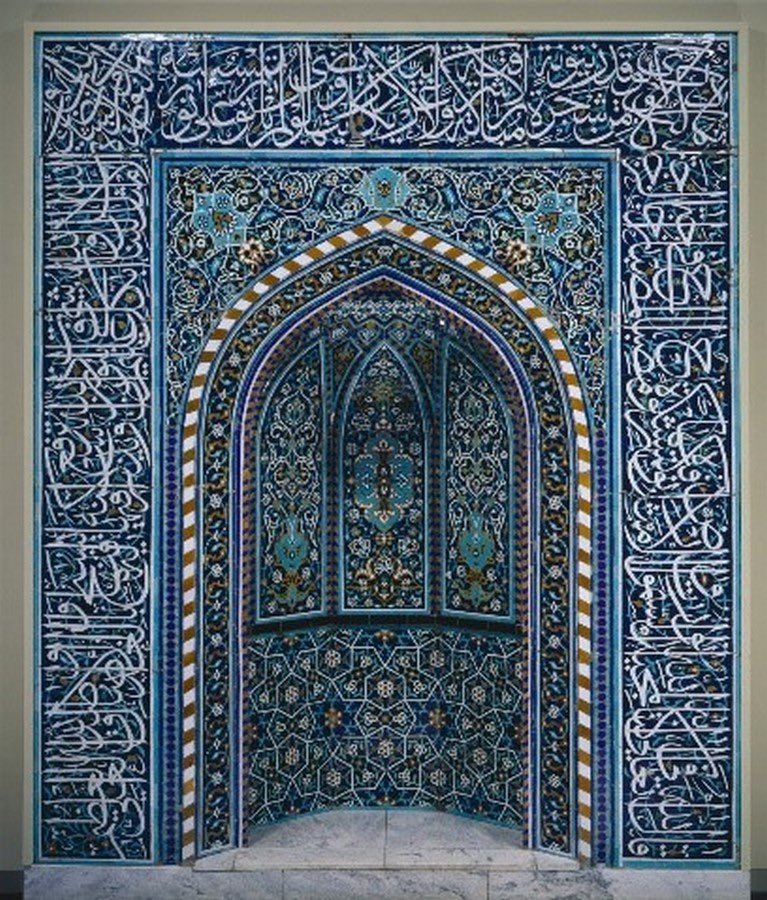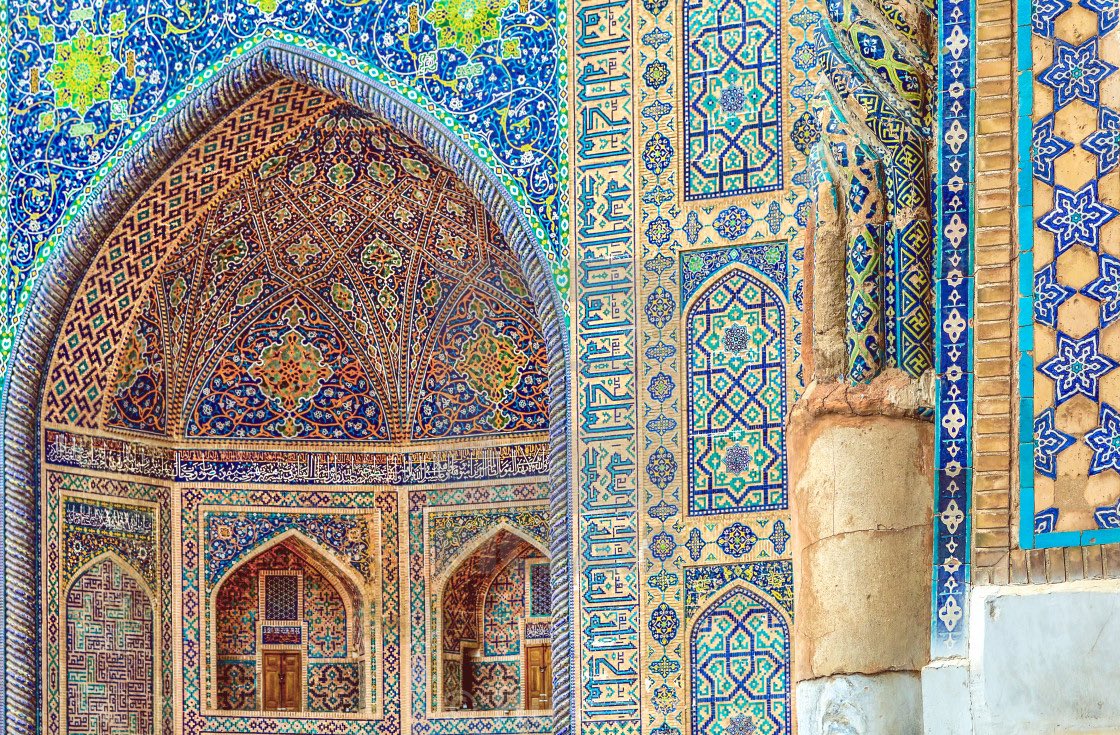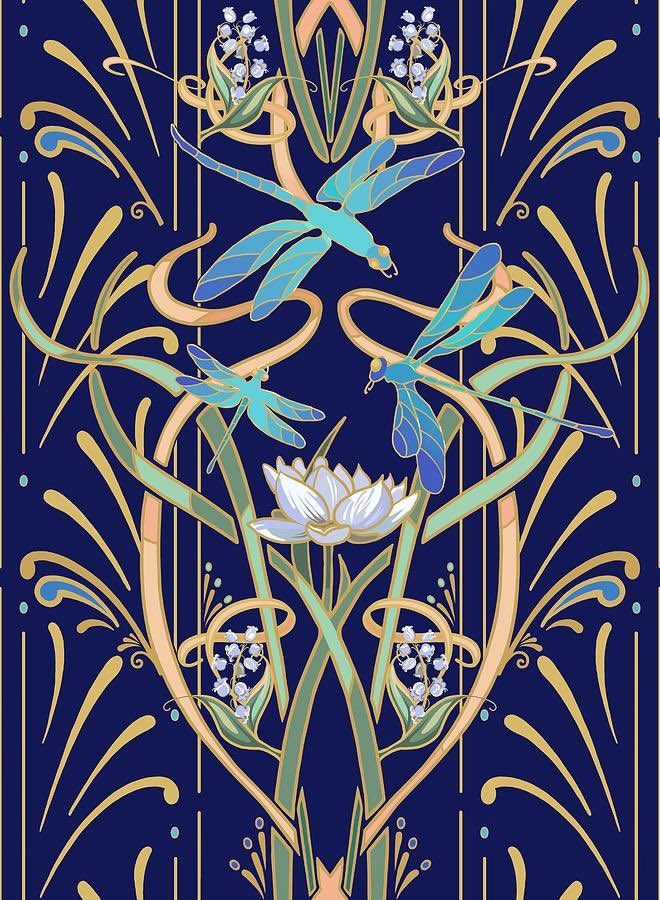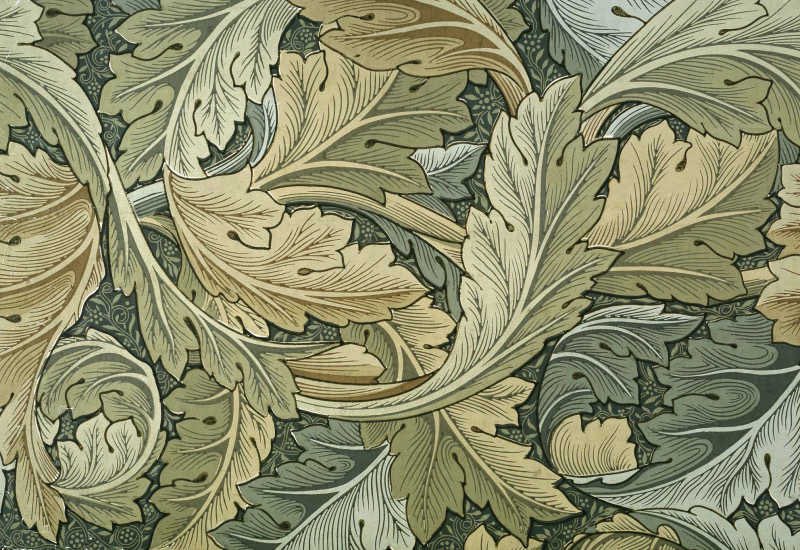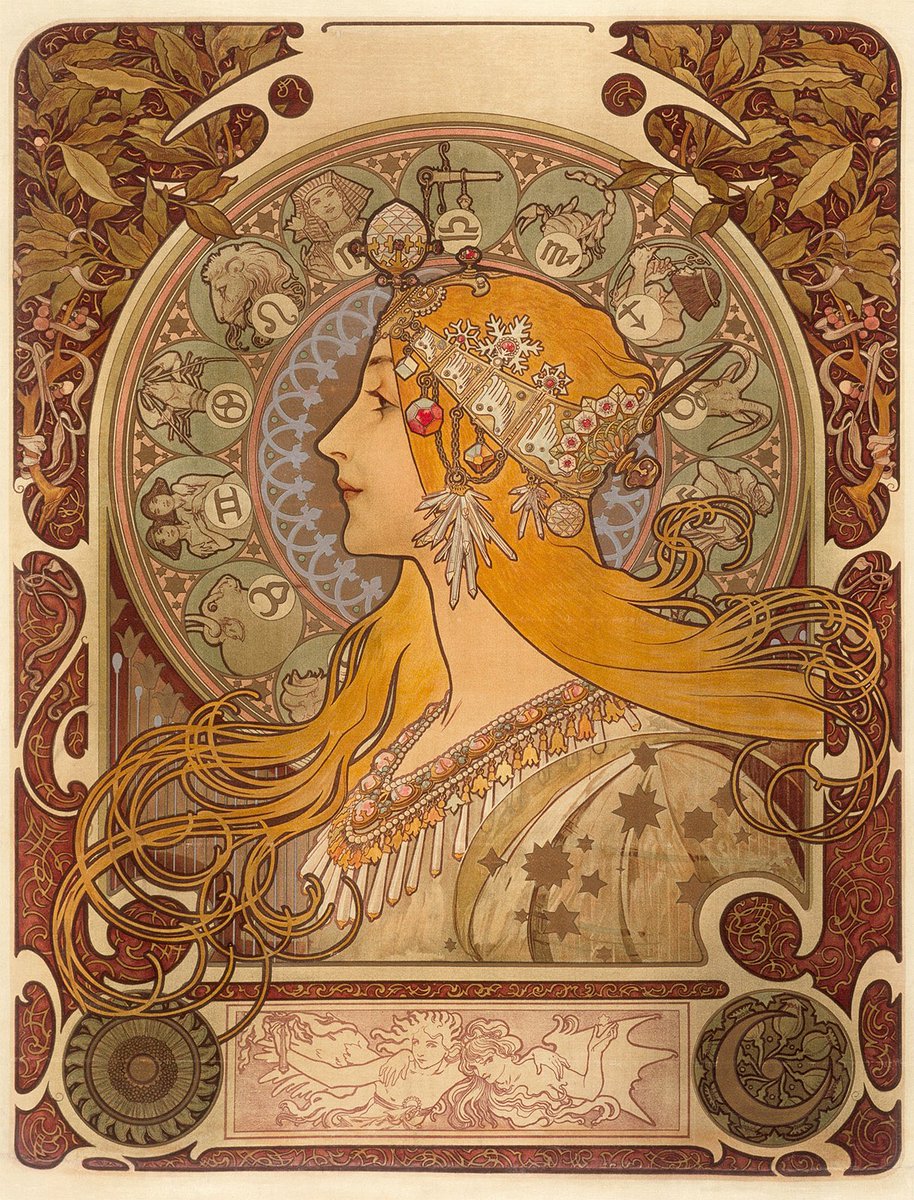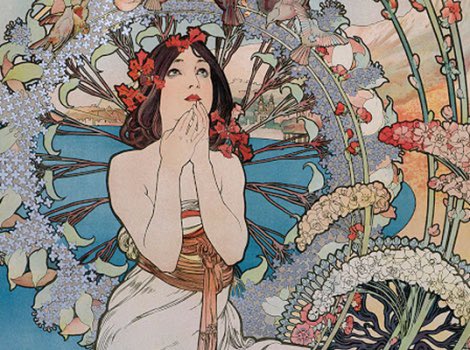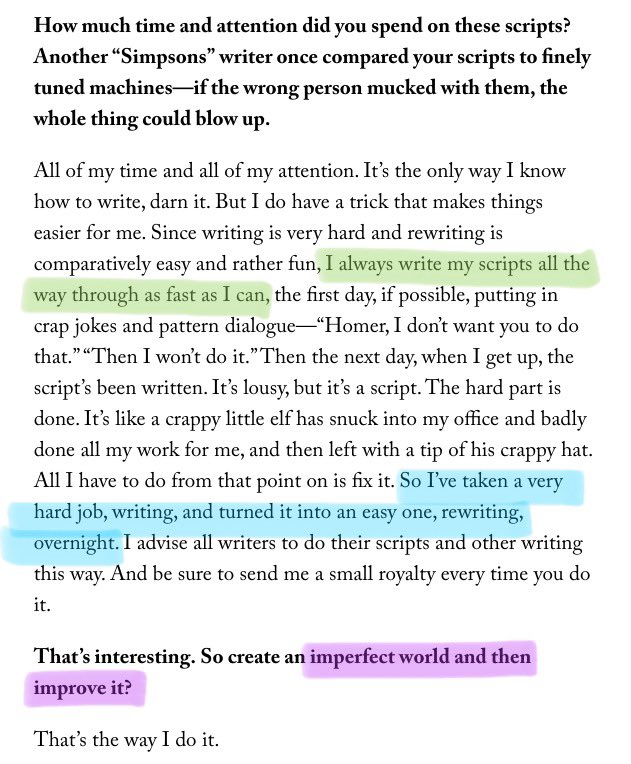
What made Kobe Bryant so good?
5 championship rings. 7 trips to the NBA finals. Though fans were inspired by his excellence, others were offended by his personality. To learn about the nature of greatness, let's talk about his career.
Time for a thread.
5 championship rings. 7 trips to the NBA finals. Though fans were inspired by his excellence, others were offended by his personality. To learn about the nature of greatness, let's talk about his career.
Time for a thread.
The Lakers are famous for their roster of stars: Wilt Chamberlain, Magic Johnson, and Kareem Abdul-Jabaar.
Kobe wanted to add his name to the list but worried his legacy would be undermined by sharing the court with another great player who he didn’t always get along with: Shaq.
Kobe wanted to add his name to the list but worried his legacy would be undermined by sharing the court with another great player who he didn’t always get along with: Shaq.
Kobe motivated himself through a combination of envy and desire.
For example, Kobe and Shaq had one of the most famous feuds in NBA history, due to the conflict of Shaq’s desire to be the team’s leader, and Kobe’s need to take the spotlight and outperform.
For example, Kobe and Shaq had one of the most famous feuds in NBA history, due to the conflict of Shaq’s desire to be the team’s leader, and Kobe’s need to take the spotlight and outperform.
The duo’s streak finally ended with their NBA Finals loss to the Detroit Pistons in 2004. Kobe opted out of the final year of his contract, but instead of Kobe going elsewhere, the Lakers ended up parting ways with Shaq and coach Phil Jackson.
By the time he was 28 years old, Kobe had suffered a broken wrist, numerous ankle sprains, a surgically repaired shoulder, and two knee surgeries — and despite all that, he still won three championships.
Kobe's favorite movie was called Whiplash, which is about a success-obsessed drummer who breaks up with a girlfriend he loves and betrays people in his life just so he can be great.
Here's the most revealing scene.
Here's the most revealing scene.
That commitment to excellence inspired him to read the NBA Referee handbook, so he could identify "dead zones" on the court where he could get away with holds, travels, and other minor violations.
He reminds me of Michael Jordan.
After his final game, he was asked: "What sets you apart?"
Jordan said: "Every day, I demand more from myself than anybody else could humanly expect. I’m not competing with somebody else. I’m competing with what I’m capable of."
After his final game, he was asked: "What sets you apart?"
Jordan said: "Every day, I demand more from myself than anybody else could humanly expect. I’m not competing with somebody else. I’m competing with what I’m capable of."
Kobe didn’t live his life for the normal things people live for: happiness, fulfillment, and relationships, which didn't compare to his love for basketball and his obsession with being the greatest of all time.
Here's my Kobe Bryant mini-documentary.
Here's my Kobe Bryant mini-documentary.
• • •
Missing some Tweet in this thread? You can try to
force a refresh






